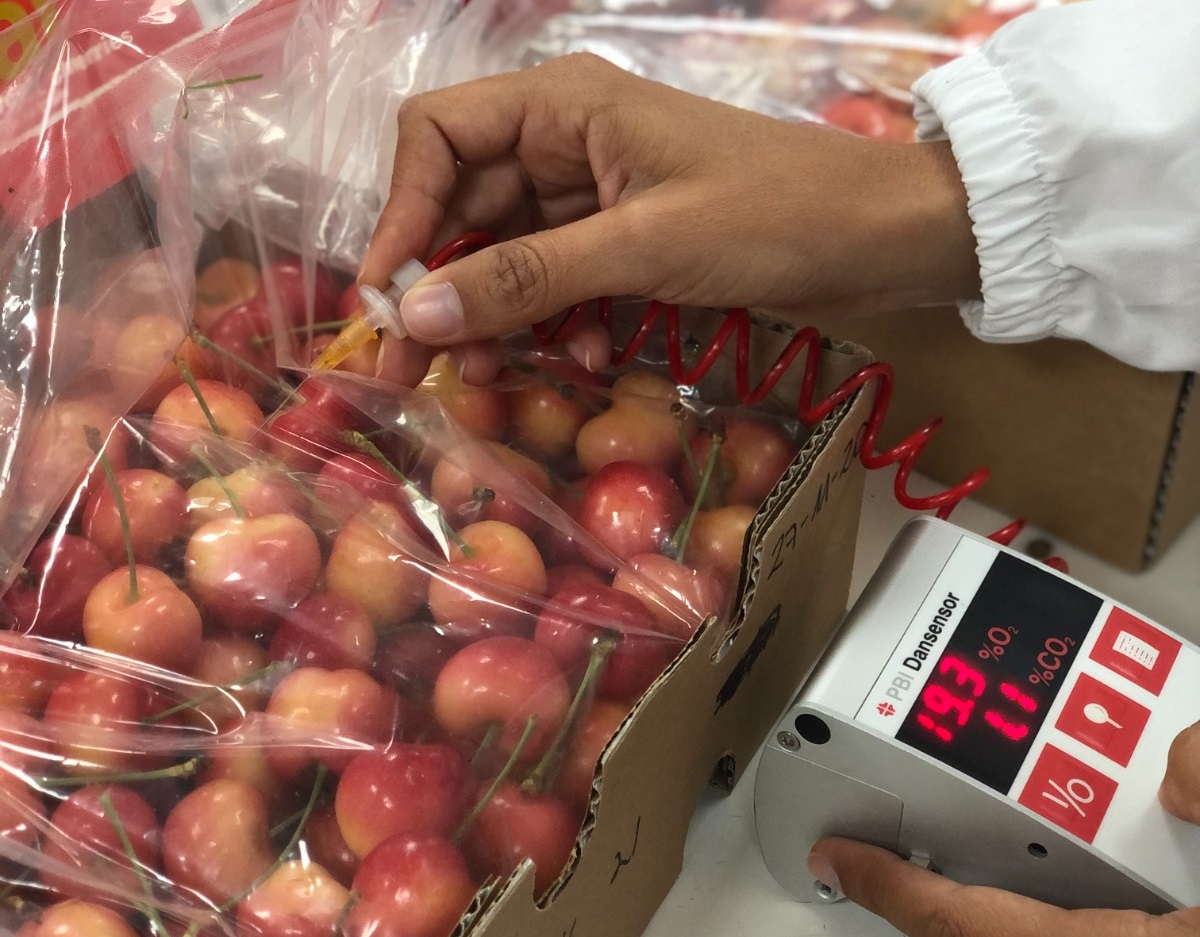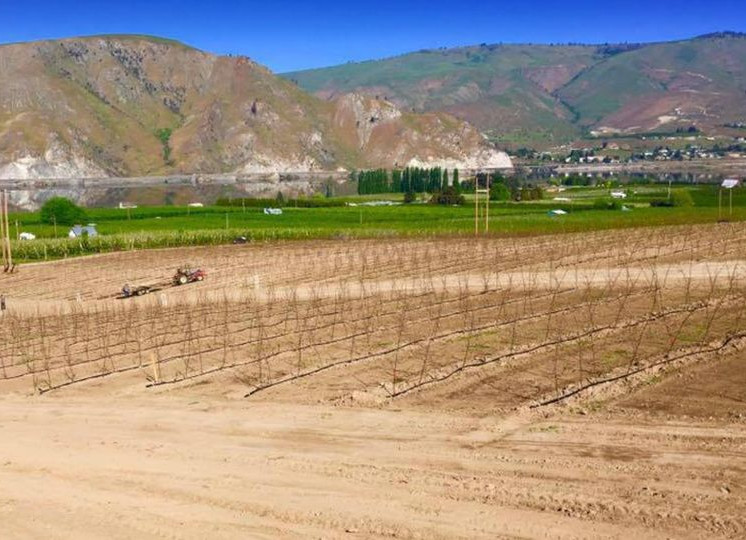Faced with the devastation caused by Drosophila suzukii (DS) and the gradual withdrawal of pesticides, a collective initiative has been launched in the Monts du Lyonnais (France). Researchers and growers are working together to find sustainable and multi-sector solutions. Simon Fellous, a researcher at INRAE in Montpellier (France), emphasizes the importance of involving farmers, the key players in this innovation, to strengthen their autonomy and rethink production models.
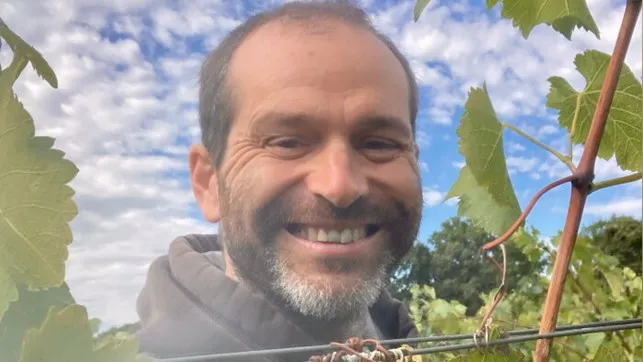 Image 1: Simon Fellous, researcher at INRAE in Montpellier.
Image 1: Simon Fellous, researcher at INRAE in Montpellier.
Has DS become a major problem for berry crops?
DS, which has been spreading in Europe, North America, and beyond since 2010, is causing serious problems, particularly for berry crops such as cherries, strawberries, raspberries, and blueberries. It can also occasionally affect other crops such as vines and apricots. So far, damage has been partially managed with insecticides. However, we are witnessing the gradual withdrawal of authorizations for many synthetic chemical products. For example, cherry growers had to adapt to the withdrawal of "dimethoate," banned before the 2016 season, and "phosmet," withdrawn before the 2023 season.
This puts cherry producers, whether for fresh consumption or industrial use, in a very difficult situation. They must cope with the devastation caused by this insect while adapting to regulatory and social constraints that limit their control tools. The economic damage is considerable, although sometimes difficult to quantify precisely. Some producers have already had to close their businesses, others lose significant amounts of money each year, and many experience high stress levels that make their daily lives sometimes unbearable.
But insecticides have not been a panacea. Even with products like "dimethoate" or "phosmet," losses were significant, especially for late cherry varieties. The arrival of DS in the early 2010s changed things. For example, after the introduction of this insect, we saw a decrease in cherry production of about one-third in just a few years.
Cherry growers are particularly affected, especially those for whom this crop was a secondary activity, cultivated with relatively low technology. For them, managing the DS fly is almost impossible. And even with insecticides and highly technical management, constant vigilance is required. Many growers spend their nights spraying, driving through their fields with their tractors, under constant pressure. Added to this is the ongoing uncertainty: they often only know at harvest time, or even after shipping, whether their products will be marketable.
This mental and physical burden is difficult to bear. Some growers report a real sense of distress. They do not enjoy the treatments but feel trapped. And even when some of them manage to maintain a certain level of profitability, the human situation remains difficult to endure.
Are the damages the same for all fruit species and varieties?
No, there are significant differences. For example, in the case of cherries, early varieties are generally little affected by DS, as the insect has not yet had time to multiply at the beginning of the season. For late varieties, however, the situation can become catastrophic. Infestations can reach very high levels, requiring repeated and intensive interventions. In the most severe cases, pest pressure forces some growers to work around the clock, spending nights in the fields in a kind of race against time.
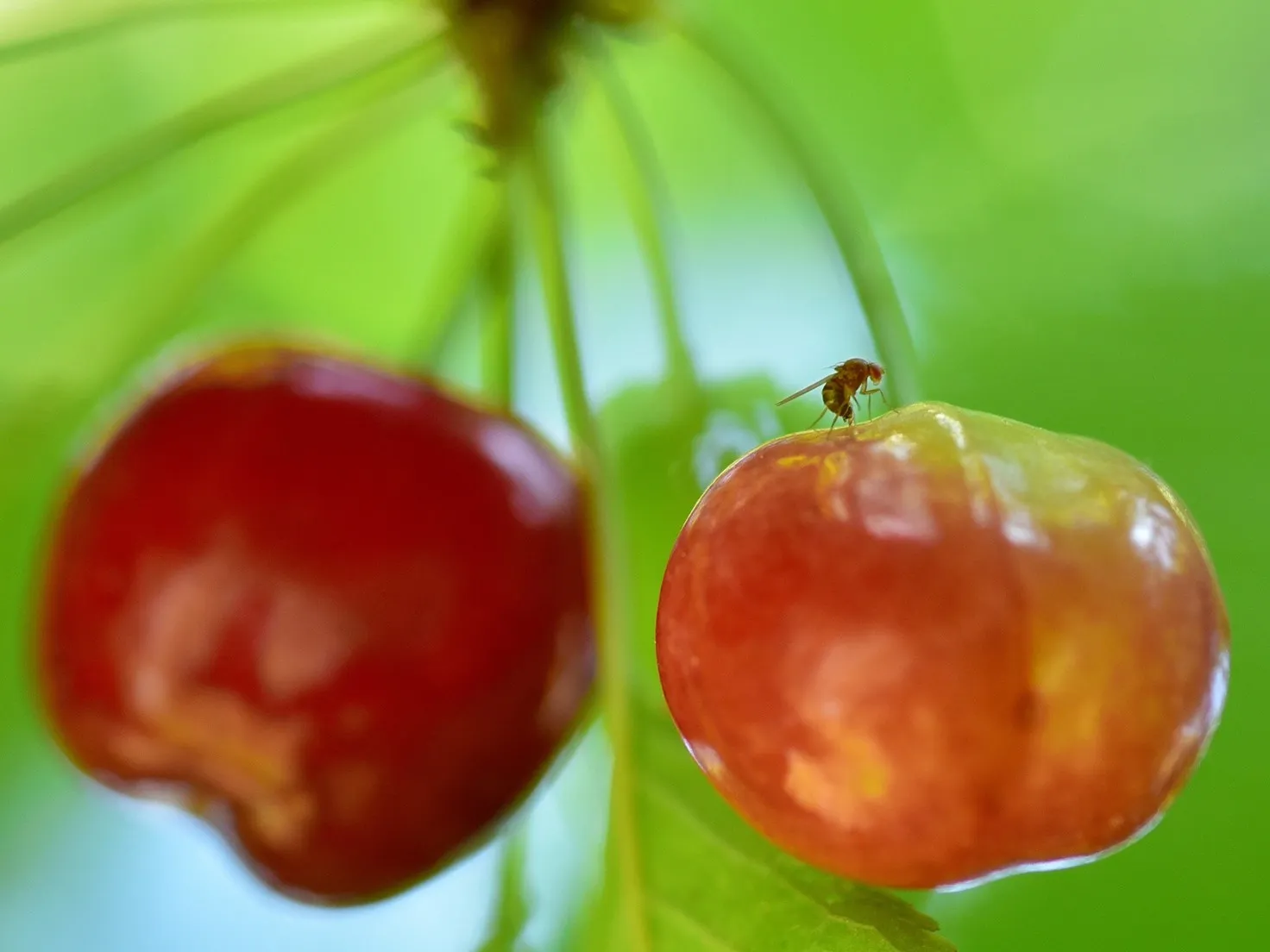 Image 2: Female Drosophila suzukii laying eggs on a cherry tree.
Image 2: Female Drosophila suzukii laying eggs on a cherry tree.
What control methods can be considered?
It is an illusion to think that one molecule can be replaced with another or with a single biocontrol measure. Everyone agrees on the need to implement a "multi-lever" strategy. Simple substitution is not a viable solution. I do not know any scientist who would defend this approach, particularly for DS.
As part of the Parsada program, funded by the French Ministry of Agriculture, we have identified several complementary measures. These include, for example, the introduction of parasitoids to regulate DS populations, the sterile insect technique, prophylactic measures, nets, and traps. But these measures must be combined. It is not about applying isolated solutions but about developing technical pathways adapted to each situation.
This means rethinking production strategies. This work cannot be done solely by the research and development sector. We researchers are very good at developing alternatives, understanding their mechanisms, and identifying their limitations. But when it comes to developing a technically and economically viable protocol for producers, they must play a central role.
How is this collaboration with producers organized?
We launched a collective initiative in the Monts du Lyonnais in June 2024, in collaboration with AOPN Cerise de France, the Fruit Strategy Committee, and other stakeholders such as Fraise et Framboise de France and the Chamber of Agriculture. The goal is to create an interface between professionals and research. This work is intended to be extended nationwide.
We want producers to become key players in innovation. They must be able to guide the types of research and experimentation they consider relevant to them. They must also take ownership of research results, enabling them to design new equipment and technical pathways themselves, in collaboration with us. To this end, we have just hired an engineer, who will start in January 2025.
This project, centered on the Monts du Lyonnais, is also multi-sectoral. While it focuses on cherries, it also includes strawberries and raspberries. The work is intended to be extended nationwide.
DS is a pest that easily moves from one crop to another. The solutions implemented for one crop can therefore benefit others. For example, a method developed for cherries can be adapted for strawberries or raspberries. This knowledge transfer is essential. It allows us to pool our efforts and develop effective and sustainable solutions from a global perspective.
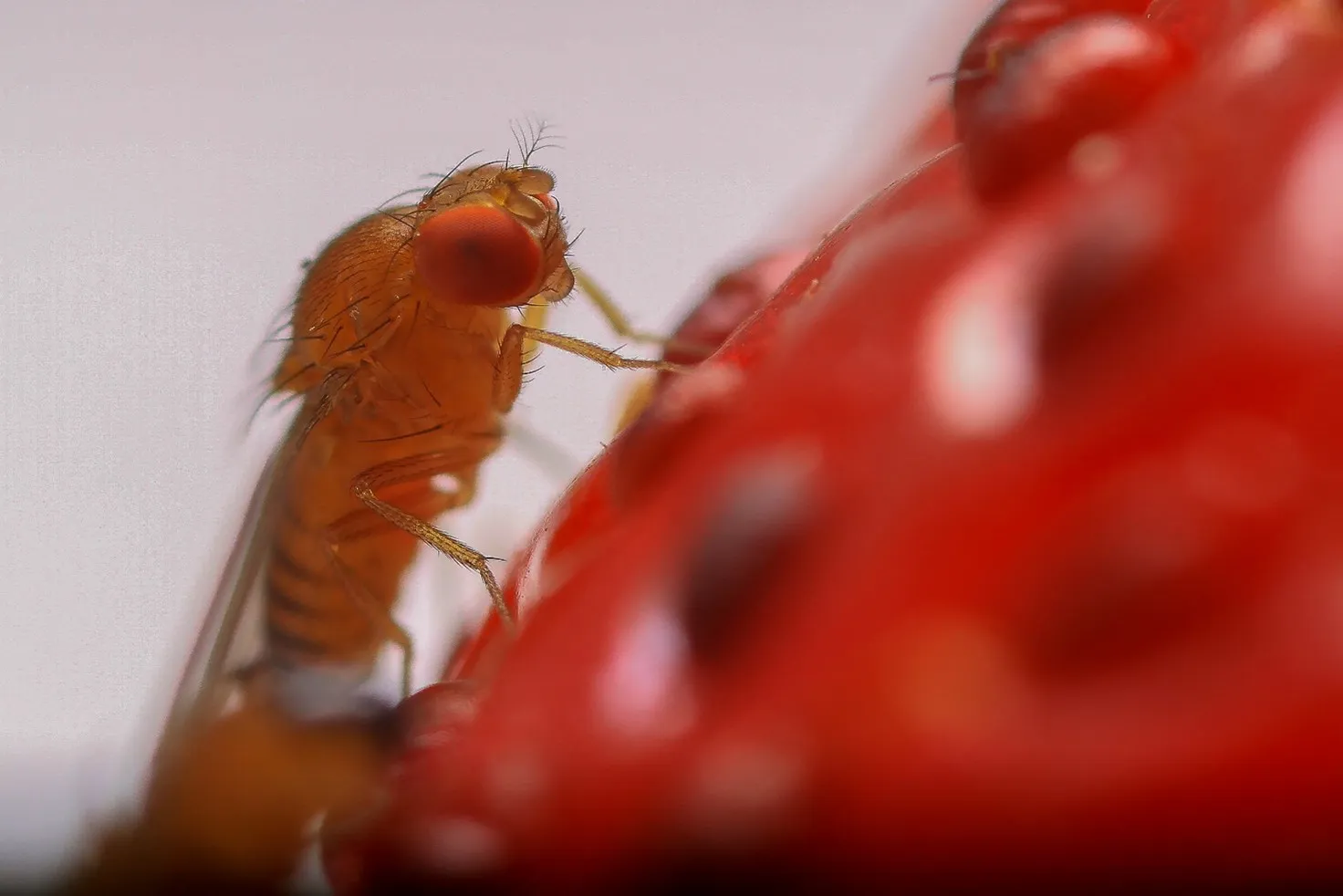 Image 3: Adult Drosophila suzukii.
Image 3: Adult Drosophila suzukii.
Beyond technical aspects, what can this approach offer growers?
Farmers face many challenges: climate change, societal expectations, regulatory constraints. These changes can make them feel like they are losing control of their business. Such collective actions are not just about implementing technical solutions. They also have a significant social and psychological impact.
Images: INRAE
Stéphanie Ayrault
Agro Matin
Cherry Times - All rights reserved








